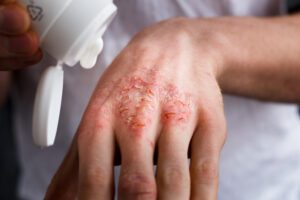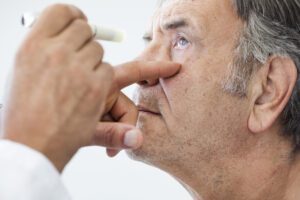
Cervical cancer or menopause?
Ovarian cancer and uterine cancer both have symptoms, but cervical cancer, especially in the early stages, often doesn’t show any symptoms. Due to this, it’s essential that women routinely have Pap tests to check for cervical cancer.
The most frequent signs of cervical cancer in those who do have symptoms are irregular or severe vaginal bleeding and/or bleeding after intercourse. Younger women are more at risk of cervical cancer, but the average diagnosis age is 50 in the United States.
Hopefully, with all the cancer screening and prevention programs, a decline in the incidence rate has been noticed. This happened over the last 50 years, and keep in mind that Pap tests can save lives.
Is the treatment for menopause increasing the risk of cancer?
The main treatment for menopause is menopausal hormone therapy, also known as MHT. And when wondering if it’s menopause or cancer, women also want to know if this treatment increases the risk of developing any kind of gynecologic cancer.
Most of the symptoms of menopause are caused by low levels of estrogen, and MHT is effective in treating them. MHT can be either estrogen-only or estrogen-progestin therapy (EPT) combined.
A good diet will greatly improve your health and mood. Check out the following book and discover the best foods you can eat during menopause: MenuPause: Five Unique Eating Plans to Break Through Your Weight Loss Plateau and Improve Mood, Sleep, and Hot Flashes
You should also read: 4 Crucial Reasons to See a Gynecologist After 50






